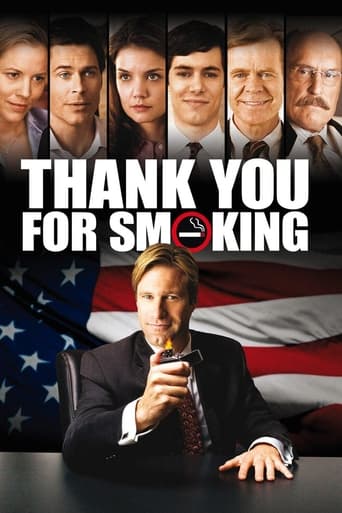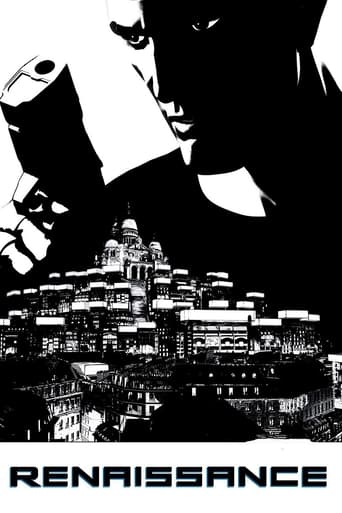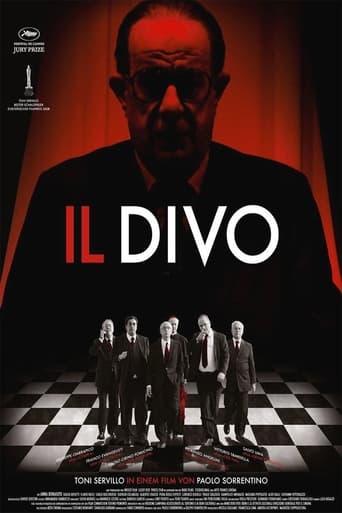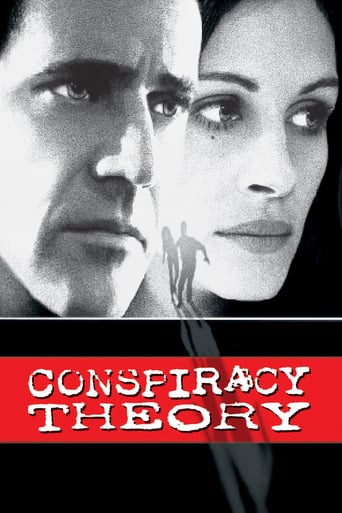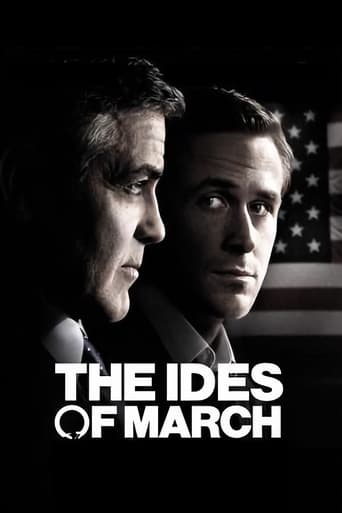

The Take (2004)
In suburban Buenos Aires, thirty unemployed ceramics workers walk into their idle factory, roll out sleeping mats and refuse to leave. All they want is to re-start the silent machines. But this simple act - the take - has the power to turn the globalization debate on its head. Armed only with slingshots and an abiding faith in shop-floor democracy, the workers face off against the bosses, bankers and a whole system that sees their beloved factories as nothing more than scrap metal for sale.
Watch Trailer
Cast
Similar titles
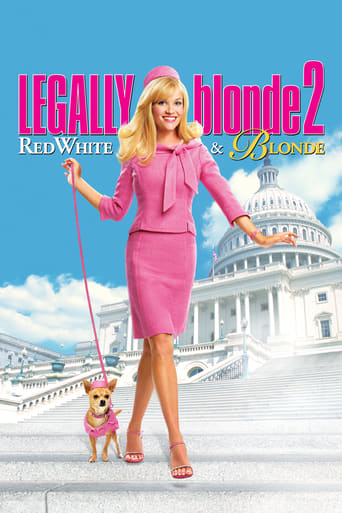
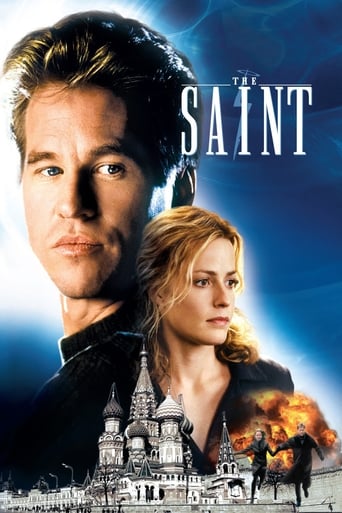
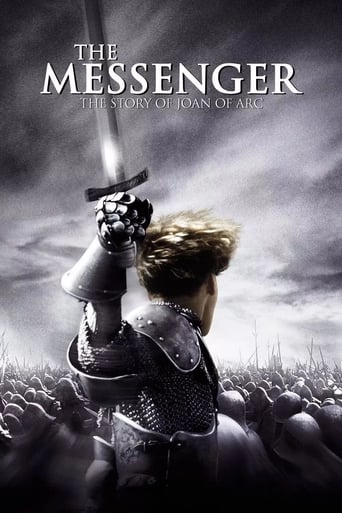

Reviews
Instant Favorite.
I don't have all the words right now but this film is a work of art.
Blistering performances.
This movie tries so hard to be funny, yet it falls flat every time. Just another example of recycled ideas repackaged with women in an attempt to appeal to a certain audience.
For folks of the leftist persuasion there's not really been a lot of cheerful stuff in the news for the past decade or three. The trouble with normal, as they say, is that it always gets worse. Most political documentaries are the same way -- something terrible is happening, the polemical narrator assures us, and other than the go-out-and-do-something last ten minutes of the film things are kind of universally bleak.The Take opposes all of that, and is the rare piece of media in which the revolution is not just a vague series of values but an actual practise, made up mostly of hard work and disagreement, but moving forward in a positive direction nonetheless. Avi Lewis and Naomi Klein aren't the slickest filmmakers in the world, but they know enough to get out of the way and let the incredible story before them unfold. One of the few documentaries -- one of the few films period -- that I've left feeling genuine hope, this is a must-see for anyone who believes (or wants to believe) that another world is possible.
This documentary is the real "Yes, We Can", only instead of an empty political statement it's a true demonstration of "How You Can" make a real change.When someone tells you that an enterprise cannot run without a boss and a hierarchy of power, don't believe them. Just let them watch "The Take" (La Toma) and see how it's possible to replace the "hierarchy of power" with a "network of cooperation". At first, I didn't believe it myself, but now I know it's possible. Imagine workers cooperating and taking decisions by voting, effectively managing a successful enterprise. Even if the people are inexperienced at first, even if they disagree sometimes, things can be worked out."The Take" simply shows something that Capitalism says cannot exist, something that's supposedly impossible: people cooperating for a common purpose, dividing profits equally, taking decisions democratically and managing the enterprise successfully. No leaders, no power struggles, just cooperation. The incentive is the common success, not just personal gain."The Take" is even more topical today in the so-called Global financial crisis, because it poses the question: "what should happen to a failed business? Should it be bailed out by the people only to repeat the same mistakes again? Should it be liquidated and sold for scrap metal, leaving the workers without jobs? Or should everything start anew, but this time as a democratic cooperation between workers?" So next time a business fails and the government decides to take your money to save a corporation, know that you have the right to say "NO, I deserve to be compensated. Your factory will do nicely." I simply cannot express how inspiring and eye-opening this documentary is, you just have to see it for yourself.
First of all I'm personally left'ish, so I was not completely bulletproof to the message in "The Take"What annoys me about this movie comes in two categories: 1) Form 2) Content1) Form is "relatively" unimportant as it is a documentary. Never the less I found it annoying with all those shots of statues against a red sky with sad background music. Also the intro was extremely long and dragged on forever. I felt like screaming "Get on with it!!! What are those poor workers doing now?!?!" as the zillion'th shot of abandoned factory halls rolled across the silver screen. And the speak (Argentina's fall from grace + hubris + neo liberal heresy) was to theatrical for my taste. Finally the constant repetitions of a few key messages (with variations) gave a kind of TV-commercial-feeling which didn't help the film's credibility.2) I found it disturbing that the film was very vague about the "hardcore" economic angle. Especially when the political angle was so clear. This gives an aura of "things not being told because they don't fit into Lewis&Klein's view of the world". I don't know if that is the truth, but i was the feeling I was left with at the end of the film.All in all not a very good film. It lacks as a documentary (simply too many loose claims that were never proved). As a political statement my notion is that it "preach to the believers" e.g. it targets those who agree on the agenda and confirms their opinion. On the upside though, it does try to set a positive agenda in contrast to for instance Michael Moore's eternal gloom. But they lack Moore's sharp irony and satire which at least would have made this picture entertaining.The central problem about this movie is this: "Is it a documentary or is it a political statement?"I rate it 4/10 as it wasn't a total disaster as a political statement (though a bit boring and quite predictable) but neither was it good journalist/documentarist craftsmanship
The Take is perhaps one of the most inspirational films I had ever seen. It provides an example to all of us - in terms of what we could accomplish if only we came together, if only we joined hands like those grandmothers in the streets of Argentina, like those workers who took production and decision making into their own hands. True democracy has to start from the bottom up, it has to start in the family, in the school, in the workplace, in the neighborhood and expand outward from there. Only when decisions in *all of these* social settings are made democratically, based on majority vote, only then, can our society begin to call itself democratic. This is currently not the case in the United States. It is not the case in the US family, nor in US schools, and no where is it more untrue than in the US workplace. Currently in the United States practically all decisions are made by those in power, by those with the money, and enforced on those underneath. When somebody gets fired from a workplace, do all the workers get together and vote on whether the person should be kept or fired? Do the children in the US schools have any democratic power to decide how things are done and organized? Do wives have equal power with their husbands in the American family? So how can a society that is so undemocratic claim to be a model of democracy for others? It is unfortunate that in the US democratic participation is limited to electing individuals to power, and is never directly related to policy issues. Our society would be much more democratic if we voted like specifically on the questions at hand both at the national and at the local level: REFERENDUM: Should US troops remain in Iraq? Should gay marriage be legal? Etc. All the questions that are most important to us, why don't we just vote specifically on them? The movie about Argentine factory workers has a message about democracy: "We vote often, that way we get used to loosing". If we were to vote more often, and to vote specifically on the issues that are important to us, then we would have a true participatory democratic society. So the Take, in my opinion is *a very important* film, and is something that all workers around the world and all people should learn from. Some other comments I have about the Take are as follows. -By taking over Argentine factories, the workers are benefiting not only themselves and their families, but also their communities and Argentina as a whole, by contributing to economic recovery. I think this is a very important point. - It is unclear to me how the workers were able to make the factories profitable again, despite the economic crush. Because generally, when an economic collapse takes place and people lose jobs and savings, the demand for new goods declines, and that is probably why the factory owners were forced to shut down their factories in the first place. So how are the workers able to sell off their final products after taking over production? Is there some kind of barter system in place? Are the workers getting their inputs domestically instead of by importing them? I wish the film explained this. -The issue of private property is raised in the film. Should people really have the right to own stuff if they are not making good use of it? I mean, like if you are a kid with a toy, and you aren't playing with your toy, and the kids next to you want to borrow your toys because they actually want to play together, shouldn't you just give it to them, since you are not using it anyway? I mean why is the law on the side of those who want to keep their toys to themselves and do nothing with it?

